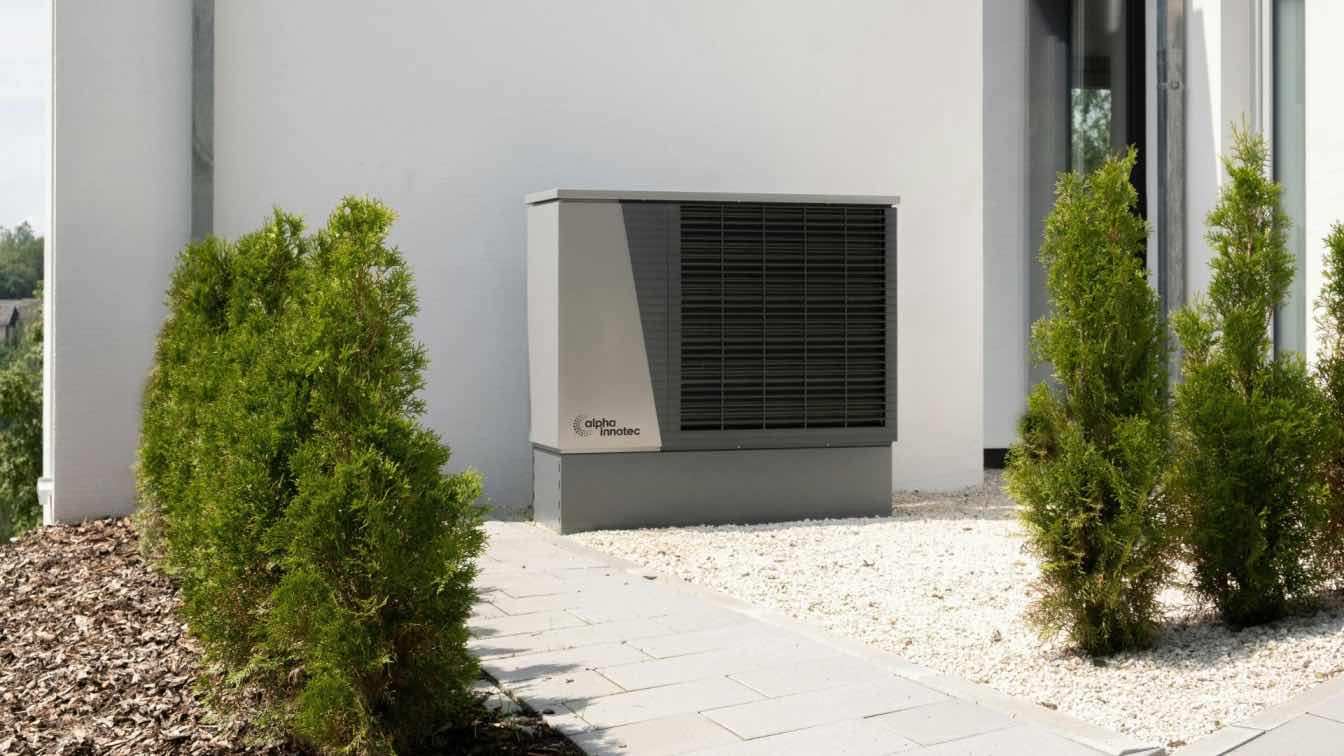Choosing the right heating and cooling system for your home is a crucial decision that affects comfort, energy bills, and environmental impact. Heat pumps have grown in popularity as an energy-efficient alternative to traditional heating and cooling systems, but are they suitable for every climate? While heat pumps can offer significant benefits, their performance depends heavily on local weather conditions and other key factors. This post will explore the important considerations to help you decide if a heat pump is the right choice for your climate.
How Heat Pumps Work and Their Climate Sensitivity
Heat pumps operate by transferring heat rather than generating it through combustion or electric resistance. In cooling mode, they extract heat from inside your home and release it outside, much like an air conditioner. In heating mode, they reverse the process, drawing heat from the outside air, even in cold weather, and moving it indoors. This makes them highly efficient in moderate climates where temperatures don’t often plummet far below freezing. As the temperature drops, heat pumps may need supplemental heating to maintain comfort because extracting heat from very cold air becomes less efficient. Understanding this operational characteristic is important when considering heat pumps for colder regions.
Considering the Type of Heat Pump
When choosing the right system for your home, it's important to understand that not all heat pumps are created equal. Air-source heat pumps are the most common and work best in moderate climates, while ground-source (or geothermal) heat pumps are highly efficient even in colder regions due to the stable underground temperatures they utilize. If you're planning to install a heat pump in an area with harsh winters, selecting a model designed for cold climates or exploring geothermal options can make a significant difference in performance and comfort. Evaluating your region’s weather patterns and home layout will help ensure the heat pump type suits your specific heating and cooling needs.
Ideal Climates for Heat Pumps
Heat pumps perform best in mild to moderate climates, where winter temperatures generally stay above freezing. Coastal areas, the southern United States, and many parts of Europe offer ideal conditions. In these regions, heat pumps provide consistent heating and cooling throughout the year, using significantly less energy than traditional furnaces or electric heaters. The efficiency gains translate to lower utility bills and reduced carbon footprints, making heat pumps an attractive option for environmentally conscious homeowners. If you live in a climate with warm summers and mild winters, a heat pump is often one of the most cost-effective HVAC solutions.
Challenges in Colder Climates
For colder climates, particularly those that experience extended periods of sub-freezing temperatures, heat pumps face challenges. When outdoor temperatures drop below about 25°F (-4°C), the heat pump’s efficiency decreases because there is less ambient heat available to transfer indoors. Modern cold-climate heat pumps have improved technologies to operate effectively at lower temperatures, but they can still require backup heating sources, such as electric resistance coils or a supplemental furnace. This added complexity and potential cost mean that homeowners in very cold areas must carefully evaluate whether a heat pump will meet their heating needs reliably and economically.
Energy Efficiency and Cost Implications
Energy efficiency ratings, such as the Seasonal Energy Efficiency Ratio (SEER) for cooling and Heating Seasonal Performance Factor (HSPF) for heating, provide insight into how well a heat pump performs in different conditions. Higher ratings generally mean lower operating costs and better performance. Incentives and rebates may be available for installing high-efficiency heat pumps, those designed for cold climates, which can offset initial expenses. If your climate requires supplemental heating, your savings might be reduced by the costs of running backup systems. It’s wise to analyze installation and long-term operating costs in your specific climate zone to make an informed decision.
Environmental Benefits and Local Incentives
Heat pumps are celebrated for their potential to reduce greenhouse gas emissions compared to fossil fuel-based heating systems. In moderate climates, switching to a heat pump can drastically lower your home’s carbon footprint. Many regions offer incentives such as tax credits, rebates, or lower utility rates to encourage the adoption of clean energy technologies. Researching local government and utility programs can make heat pump installation more affordable. Considering your climate’s impact on heat pump efficiency alongside these incentives helps ensure that your investment supports your wallet and the environment.
Determining whether a heat pump is right for your climate involves evaluating temperature patterns, the type of heat pump available, energy efficiency, and cost considerations. While heat pumps thrive in mild to moderate climates with balanced heating and cooling demands, advancements in technology have expanded their usability in colder areas, though sometimes with added costs or supplemental heating. By carefully assessing your local climate conditions and weighing financial and environmental benefits, you can make a smart choice that keeps your home comfortable year-round and reduces your energy footprint.





